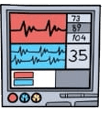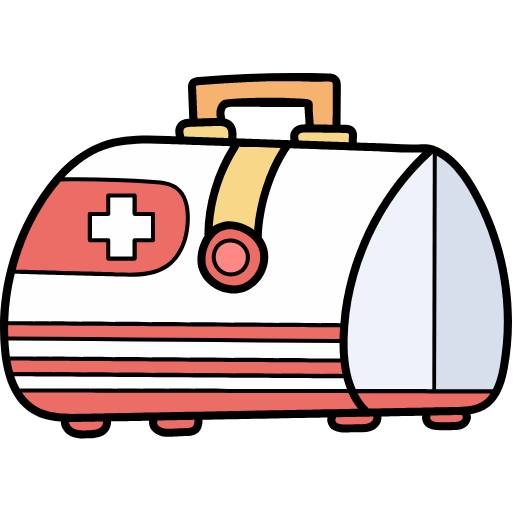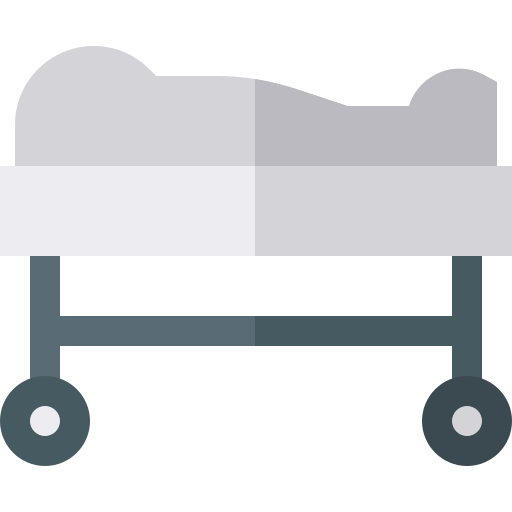World Bone Cancer Month

Here are some of the goals of World Bone Cancer Month:
- Bone cancer is a type of cancer that begins in the bones or in the cells that make up bones.
- There are many different types of bone cancer, such as osteosarcoma, chondrosarcoma, and others.
Enhance understanding of risk factors and symptoms of bone cancer:
- Some risk factors include: radiation exposure, family history, and skeletal disease.
- Symptoms may include: bone or joint pain, swelling or lump, changes in size or shape.
Emphasizing the importance of early diagnosis and treatment:
- Early diagnosis increases the chances of survival and successful treatment.
- The main treatments include: surgery, radiation therapy, and chemotherapy.
Supporting research and innovation in the field of bone cancer:
- Encouraging investment in research to develop better and more effective treatments.
- Promote new developments in early diagnosis and therapeutic methods.
Providing support to patients and their families:
- Providing resources and information to patients and families to help them cope with challenges.
- Supporting local communities to provide care and support to patients.
- Overall, the main goal is to increase awareness and improve outcomes for patients with bone cancer.
- Ways to prevent bone cancer
Avoid exposure to radiation:
- Exposure to radiation increases the risk of bone cancer, so unnecessary exposure should be avoided.
- This includes reducing medical imaging using X-rays and other tests.
Regular health monitoring:
- Conduct regular medical examinations for early detection of any bone changes or masses.
- Early diagnosis allows for more effective treatment and improved outcomes for patients.
Follow a healthy lifestyle:
- Maintain a healthy weight and do regular physical activity.
- Eat a balanced, nutrient-rich diet.
- Avoid risky factors such as smoking and excessive drinking.
Beware of bone injuries:
- Take safety precautions while exercising or performing hazardous activities.
- Prompt and appropriate treatment for any bone injuries.
Report any abnormal symptoms:
- Contact your doctor if you notice any changes in your bones or joints.
- Early diagnosis is crucial in increasing the chances of survival.
- Prevention By following these steps and following a healthy lifestyle can help reduce the risk of bone cancer.

 Operation Theater
Operation Theater Intensive Care Units
Intensive Care Units Diagnostic & Imaging
Diagnostic & Imaging Hospital / Clinics Furniture
Hospital / Clinics Furniture Physiotherapy
Physiotherapy Specialties
Specialties Ambulance Equipment
Ambulance Equipment Mortuary Equipment
Mortuary Equipment

